Composting is a natural process that transforms kitchen scraps into nutrient-rich soil. It’s an environmentally friendly way to reduce waste and create a valuable resource for gardening. In this article, we will explore the basics of composting, its benefits, how to start composting, and how to maintain and use compost effectively.
Introduction
Composting is a simple and effective method of recycling organic waste. Instead of sending kitchen scraps and yard waste to the landfill, composting allows you to turn them into a valuable resource for your garden. Whether you have a small backyard or live in an apartment, there are various composting methods available that suit different lifestyles and spaces.
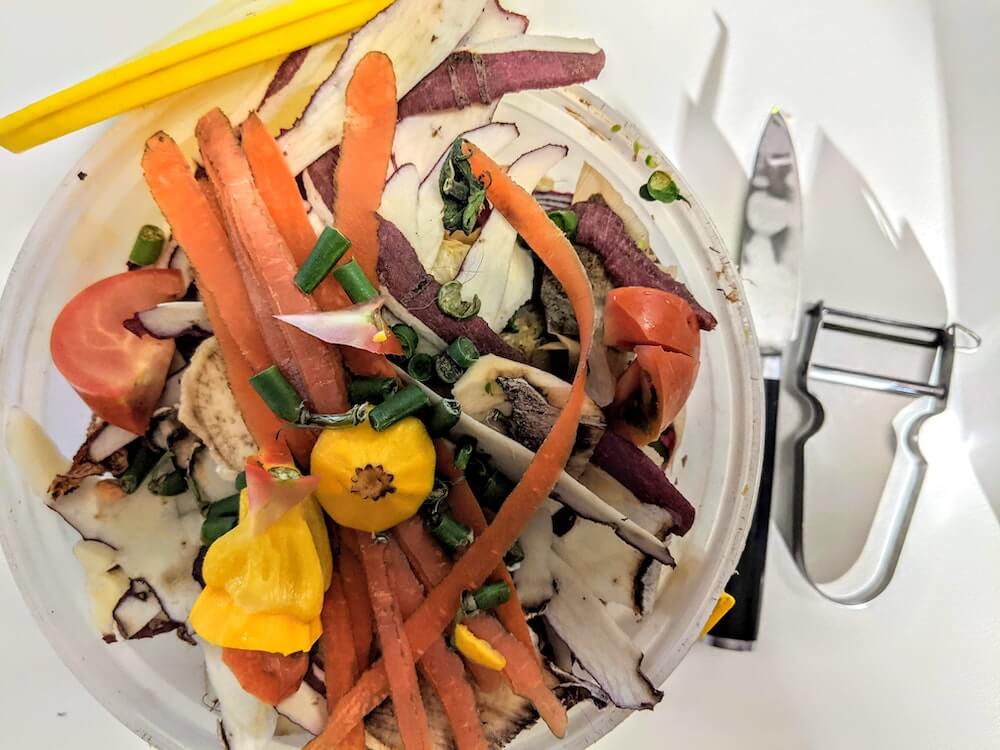
What is composting?
Composting is the natural decomposition of organic materials, such as food scraps, leaves, grass clippings, and other plant-based waste. It involves creating a controlled environment where microorganisms break down the organic matter into nutrient-rich humus. This humus, also known as compost, can then be used to enrich soil and improve its structure.
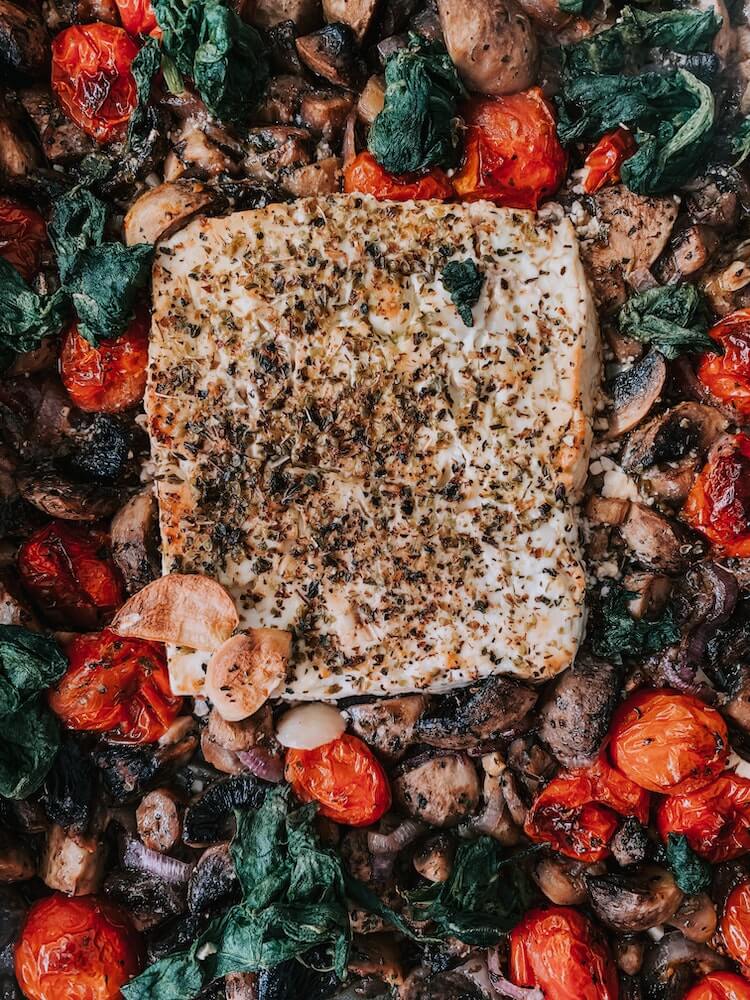
Benefits of composting
Composting offers several benefits for both the environment and gardeners. Here are a few key advantages:
Reducing food waste
Food waste is a significant issue worldwide. By composting kitchen scraps, you can divert organic waste from landfills, where it contributes to greenhouse gas emissions. Instead, you can harness the nutrients present in those scraps and return them to the earth.
Improving soil quality
Compost is often referred to as “black gold” due to its rich nutrient content. When added to soil, compost enhances its fertility, structure, and moisture-holding capacity. It promotes the growth of beneficial microorganisms and helps suppress plant diseases. Additionally, compost can improve soil drainage in heavy clay soils and increase water retention in sandy soils.

How to start composting?
Starting a composting system is easy and doesn’t require much space. There are various methods available, so you can choose the one that suits your needs and available resources.
Choosing a composting method
There are three popular composting methods: backyard composting, vermicomposting, and bokashi composting. Each method has its advantages and considerations.
Backyard composting
Backyard composting is suitable for those with a garden or outdoor space. It involves creating a compost pile or using a compost bin to contain the organic waste. Backyard composting requires a mix of green (nitrogen-rich) and brown (carbon-rich) materials, regular turning or mixing, and proper moisture levels.

Vermicomposting
Vermicomposting utilizes worms to break down organic waste. It is ideal for those who have limited outdoor space or live in an apartment. Red worms, such as Eisenia fetida, are commonly used in vermicomposting. They consume organic matter and produce nutrient-rich castings, also known as worm compost.
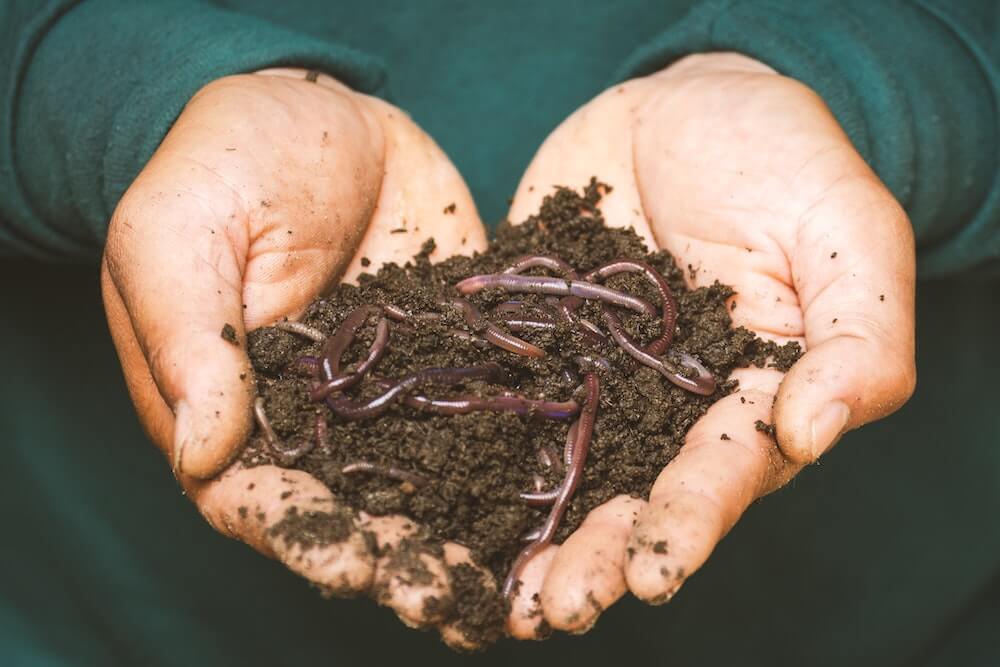
Bokashi composting
Bokashi composting is an anaerobic fermentation process that involves the use of a specialized bin and a microbial inoculant called bokashi bran. This method allows you to compost a wider range of materials, including meat, dairy, and cooked foods. The bokashi bin creates an environment suitable for beneficial bacteria to ferment the waste, which later needs to be buried or added to a compost pile to complete the decomposition process.
Collecting kitchen scraps
To start composting, you’ll need to collect kitchen scraps. While many food waste items can be composted, some should be avoided to maintain a healthy compost pile.
What to compost
You can compost fruit and vegetable scraps, coffee grounds, tea leaves, eggshells, yard waste (such as leaves and grass clippings), and shredded paper or cardboard. These materials provide the necessary carbon and nitrogen balance for successful decomposition.
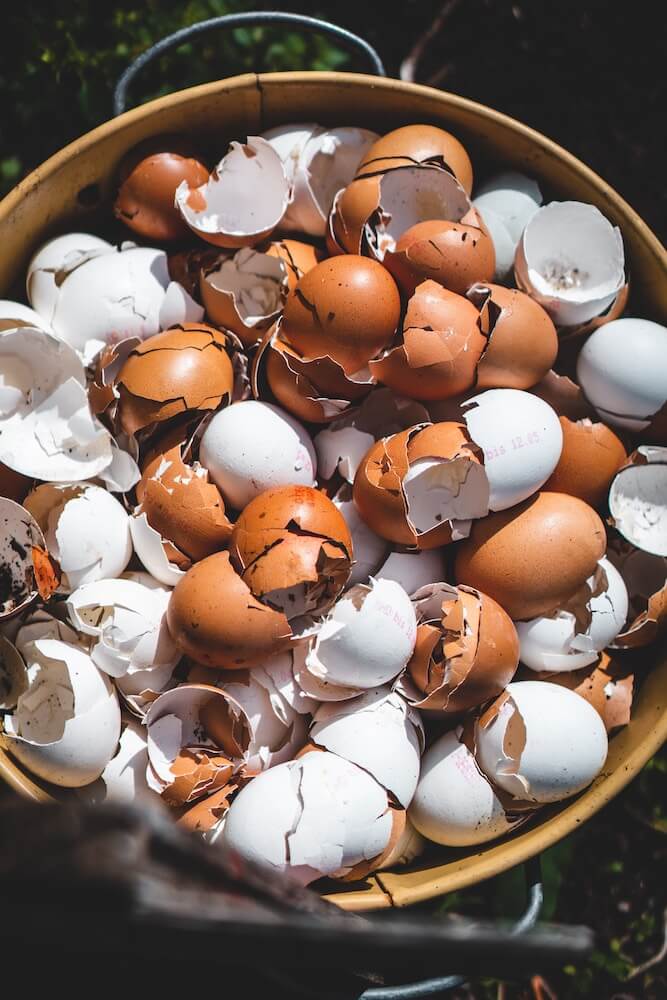
What not to compost
Avoid composting meat, dairy products, oily or greasy foods, and diseased plants. These items can attract pests, produce odors, or introduce pathogens into the compost pile. It’s also best to avoid composting weeds or plants that have gone to seed, as the seeds may survive the composting process.
Maintaining and using compost
Once you have started composting, it’s important to maintain the compost pile and use the finished compost effectively.
Compost maintenance

Regularly turning or mixing the compost pile helps aerate it, providing oxygen for the microorganisms involved in decomposition. Additionally, monitoring the moisture levels and ensuring a balanced carbon-to-nitrogen ratio (around 30:1) will help maintain an optimal environment for decomposition.
Using compost in the garden
When the composting process is complete, and you have a rich, dark, crumbly compost, it’s time to use it in your garden. Mix the compost into your soil to improve its fertility and structure. You can also use it as a mulch around plants, as a top dressing for lawns, or as an ingredient in potting mixes.
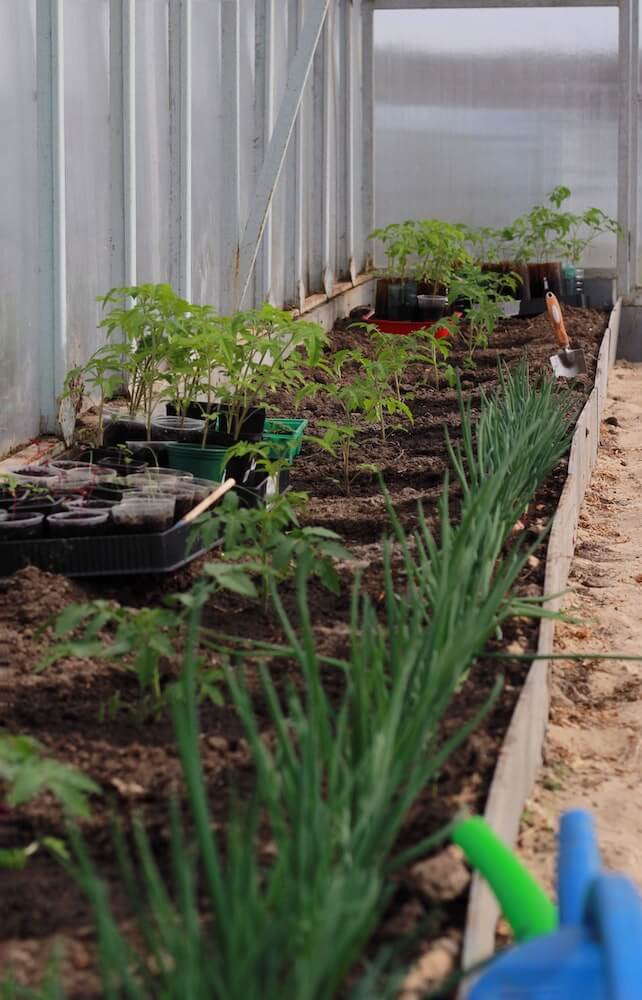
Conclusion
Composting is a sustainable practice that allows you to turn kitchen scraps and yard waste into valuable soil amendments. By composting, you contribute to reducing food waste, improving soil quality, and creating a healthier environment for plants. Choose a composting method that suits your lifestyle, collect the appropriate materials, and maintain the compost pile. The end result will be nutrient-rich compost that nourishes your garden and reduces your ecological footprint.
Frequently Asked Questions
Q: Can I compost meat and dairy products?
-
A: It’s best to avoid composting meat and dairy products as they can attract pests and produce unpleasant odors. Stick to composting plant-based materials.
Q: How long does it take for compost to be ready?
-
A: The time it takes for compost to be ready depends on various factors, such as the composting method, materials used, and environmental conditions. Generally, it can take anywhere from a few months to a year.
Q: Can I compost weeds and plants that have gone to seed?
-
A: It’s generally recommended to avoid composting weeds and plants that have gone to seed, as the seeds may survive the composting process and spread in your garden.
Q: Can I compost citrus peels?
-
A: Yes, citrus peels can be composted. However, they should be added in moderation as they are acidic and may affect the pH balance of the compost pile.
Q: Can I compost paper towels and napkins?
-
A: Yes, paper towels and napkins that are free of chemicals and non-recyclable can be composted. However, it’s best to tear them into smaller pieces to aid in decomposition.

Comments